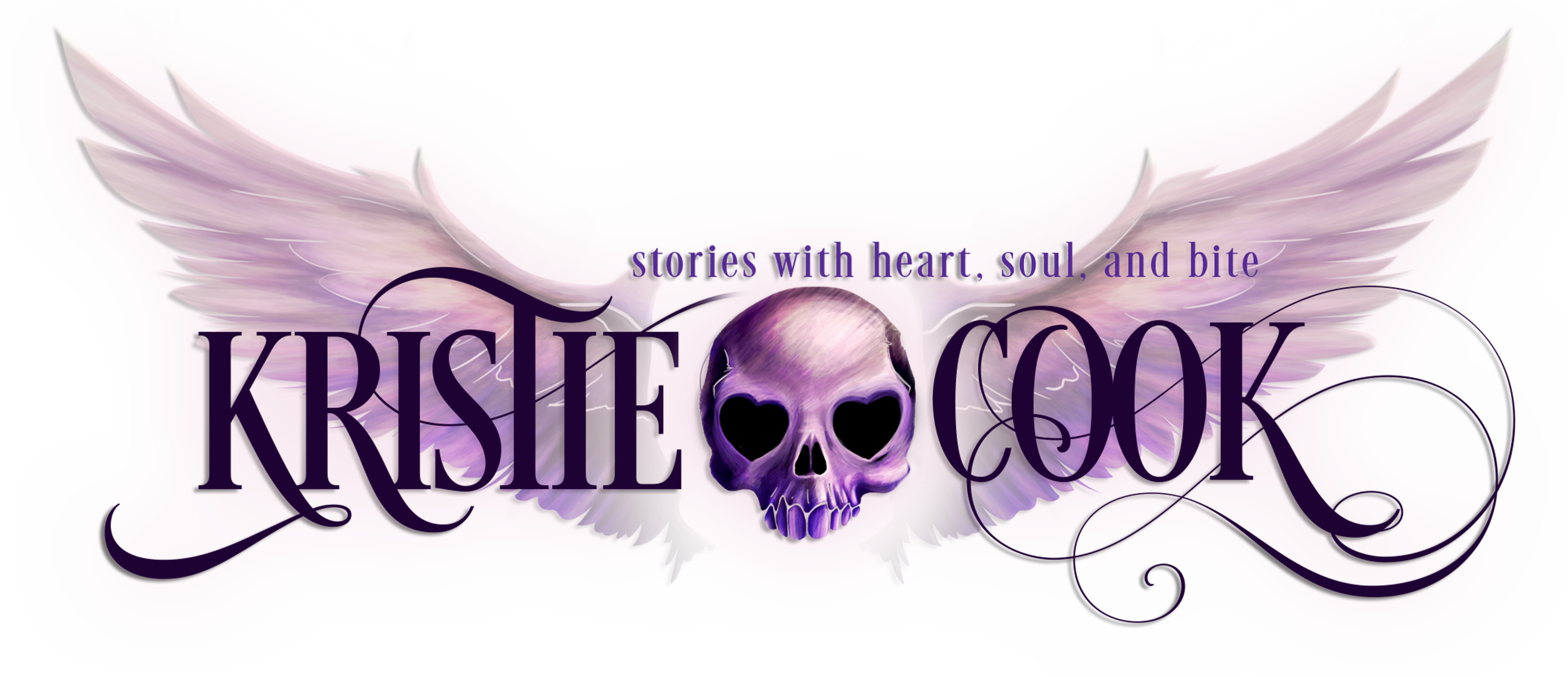People have been asking about specific forms of promotions, from blogging to bookmarks to book signings, and whether they’re effective. Many products in our world make it easy for the company (marketer) to know how the end-user learned about the product or company. For example, in my day-job company, it’s right on our client form: How did you hear about us? It’s awesome because, over time, we can tell which of our promotions are working and which are not. With books, however, you don’t get that.
Someone walks into a store somewhere in the world or goes online to their favorite ebook provider and they buy. Through the use of coupons, other promotions and/or website tracking, the retailers might be able to find out where the customer came from – how they got to the retailer. But they don’t pass that info onto the publisher, who definitely doesn’t pass it on to you, the author. The only way you can possibly tell if a promotion has been successful is through a sales spike, but even then, you can’t be sure. There are too many outside influences.
So your goal as an author is to create and promote your brand, which you’ve probably heard a hundred times by now. But I’m not going to talk about how your image is your brand and vice versa. Unless this is the only blog you read at all (if it is, wow, I’m terribly flattered, but, really, dude, you’re missing out!), you’ve seen/heard this time and again. Last week’s post was even related to this.
My point today is that blogging, bookmarks, book signings, twitter, Facebook, forums, ads, press releases, websites, etc., are all ways to make people familiar with your brand. When I first started in marketing (way too long ago :-P), the rule of thumb was that someone had to see your brand name at least seven times before they even absorbed it. Now it’s seventy times. Yes, 7. 0. We see so many product, company and brand names throughout the day now, they just don’t root into our minds as easily as they used to.
Based on this rule of thumb, if you want people to remember your book’s title or cover and/or your name, they must see it an average of 70 times for it to really sink into their minds. (Unless of course, someone they personally know or admire has made a strong recommendation, which is a different story, because that’s from someone else, not from you or your company/publisher.) It seems a little high, but even if it’s half that for books specifically – that’s 35 times! Pictures help, which is why people will often remember seeing a cover before they’ll remember the title or author’s name.
So, yes, blogs, bookmarks, signings…all of those things can make a difference. Because they are one more way to get your book’s title, cover and your name in front of a potential reader. One more way for them to remember your brand. And it might be that 70th time they’ve heard of it – the time that they decide to buy.
Your turn: Does hearing about a book or author many times eventually lead you to buy? Have you ever realized how many brand names you encounter a day? Have you ever stopped to think about how many book and author names you encounter a day?

It can lead to me buying it. It DOES lead to me checking it out. The main thing that gets me to buy a book is a friend’s referral or a connection to the author.
Hearing about different books over and over online does help me consider purchasing the book. And that is one thing I have found YA books have done very well because I see them on twitter and blogs. I don’t know if it’s the people I follow because somehow I ended up surrounded by YA even though I didn’t read that much in the genre.
It is hard when so many names and other information are heard every single day. I have a hard time remembering with all that we hear every day. So, that information all made sense.
Its a really great Blog. In Online affiliate marketing, The merchant will pay the affiliate only when a customer clicks on the product link and makes a purchase.